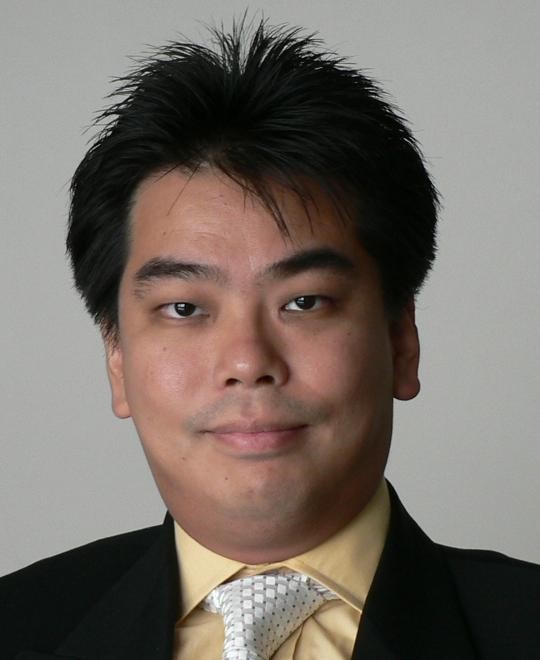Invited Speaker 1
Dr. Yuri Nishikawa
(National Institute of Advanced Industrial Science and Technology (AIST))

Title: Frontiers of Mobility Services: Innovations in Silicon Valley and Japan
Abstract: This talk will explore the latest trends in autonomous driving taxis, micromobility, and other mobility services in Silicon Valley, as well as the applications of these technologies in Japan. We will discuss examples from companies such as Waymo and Tesla, along with case studies of demonstration experiments in Japan. The session will cover the current state of autonomous driving technology, the challenges of its societal implementation, and the role of regional data in advancing these technologies. Additionally, it will examine the impact of technological innovation on transportation systems and citizens’ lives.
Biography: Dr. Yuri Nishikawa is the Senior Researcher at the Digital Architecture Center, AIST, specializing in computer systems, system architecture, service applications, and smart cities. Since October 2021, she has been engaged in the research and development of mobility system platforms for smart cities.
Dr. Nishikawa obtained her Ph.D. in the Graduate School of Science for Open and Environmental Systems from Keio University in 2011. Before joining AIST, she was involved in research and development at Panasonic Corporation, focusing on information appliances and systems and industrial application software using high-performance computing. A member of IEICE, IPSJ, and JSAI.
Invited Speaker 2
Dr. Kazuki Miyazawa
(Osaka University)

Title: AI and Robots Using Language: Differences and Future Developments
Abstract: Recent advances in large language models like ChatGPT are enabling AI and robots to use language more like humans. These models do more than just generate text-they can work with abstract concepts and plan actions using language. Robots are also starting to understand and use language in the real world, not just on the internet. They can now follow language instructions to manipulate objects. In this talk, I will explore the differences between disembodied AI and embodied robots from the perspective of understanding and using language. I’ll also explore future developments. This includes humanoid robots that might work more flexibly in the real world, and new ways of using large language models as independent agents. Through all this, I’ll discuss what the future might hold for AI and robots that use language.
Biography: Dr. Kazuki Miyazawa received M.E. degree from The University of Electro-Communications, Tokyo, Japan, in 2019. He received Ph.D. degree from Osaka University, Osaka, Japan in 2022. He was a JSPS Research Fellowship for Young Scientists from 2019 to 2022. Since 2022, he has been an Assistant Professor with the Graduate School of Engineering Science, Osaka University. His current research interests include multimodal data integration, robot learning, concept formation, natural language processing, and reinforcement learning.
Invited Speaker 3
Dr. Masami Ikura
(Toyota Motor Corporation)

Title: AI, Cloud, and Testing Trends Supporting Advanced Safety and Comfort in Vehicles
Abstract: Recently, vehicles, especially everyday cars, have started to include advanced safety features and various entertainment functions to enhance comfort. These services are connected to powerful cloud systems through various communication channels, enabling the provision of services desired by drivers and passengers via generative AI technology. Furthermore, a few service developers are increasingly using AI technology to assist in testing their AI services. This talk will explore how the industry views issues related to copyright and ownership when utilizing these cloud and AI services. Additionally, it will examine both the advantages and disadvantages of the trending automated testing processes that leverage generative AI.
Biography: Masami Ikura is a member of the Electronic System Architect Group at Toyota Motor Corporation, within the BEV Factory / B&D Reform Department. He has navigated the transitions in semiconductor development methods, including the shift from CISC to RISC processors in the early ’90s, the rise of million-gate FPGAs in the ’00s, and the evolution using the RTL code to High-Level synthesis using C-lang in the ’10s. His current primary focus is on developing “IN-VEHICLES TRUE INTERACTION” through Cockpit-DX. He obtained a master’s degree in Embedded Technology from the Graduate School of Information Processing Engineering at Tokai University in 2010.
He also was a researcher in the Department of Electrical Engineering at Prince of Songkla University in Thailand, in 2017. In Japan, he has authored of the articles on FPGA/LSI design and In-Vehicle networks.
